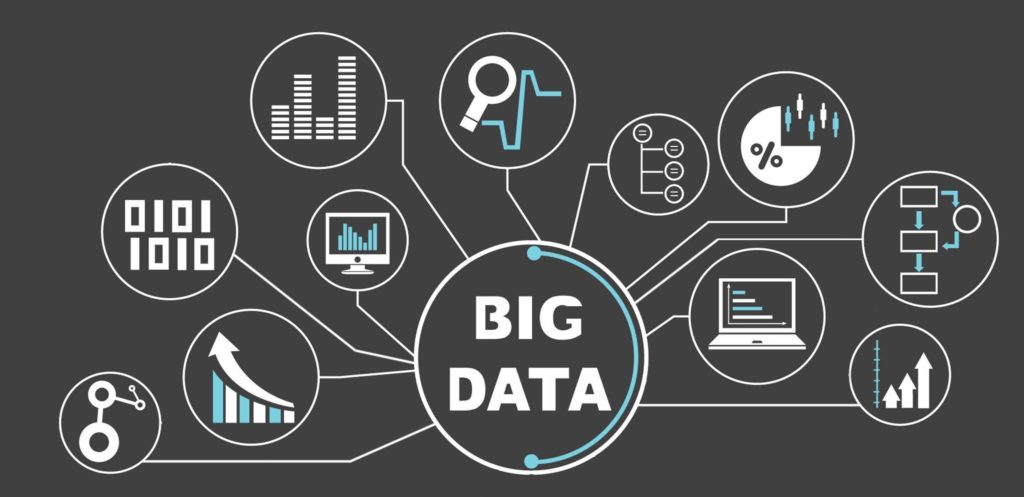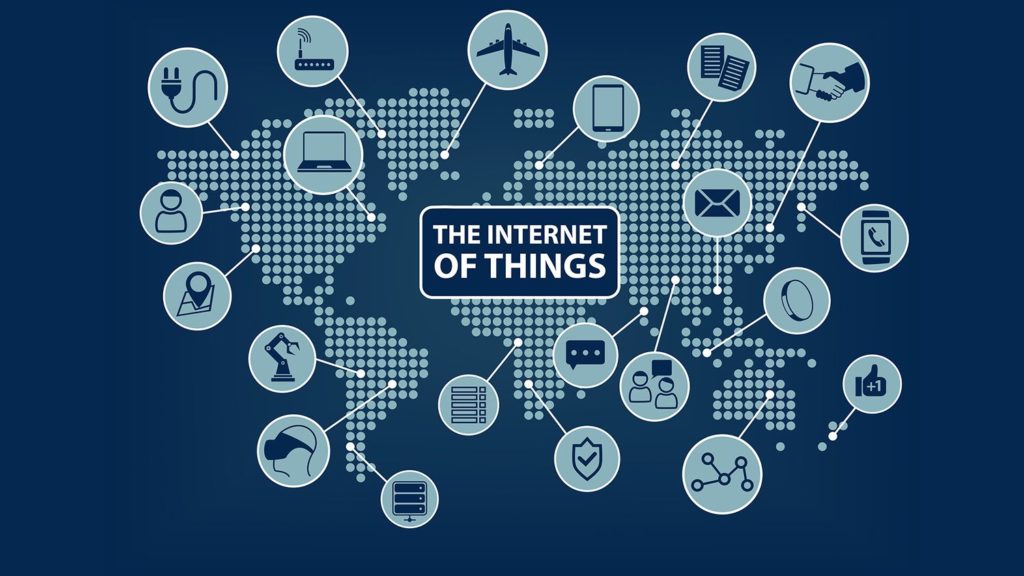As you probably know, there is literally no industry immune to the influence of new technologies. At the same time, it makes perfect sense that the real estate industry has the tradition of being slow when it comes to adopting new trends. Until now. We are witnessing a wide array of technological advances that leave a heavy mark on the industry. They have a crucial influence on the future of the industry itself. With the increase of funding for the real estate industry, surely, we are going to witness a lot of new startups who are going to work on technologies that will have a major role in the future of the industry. From checking your credit score and assessing homes’ value to using virtual reality for visiting home for sale through apps.
Learning about the experiences of people who had their part in these trends and any other that are important for the industry is crucial. If you would like to learn more about it, you should visit UpNest. Furthermore, technology is going to settle in future houses. For example, we can expect recording every person who rings on your doorbell, turning up the thermostat to 60 degrees, or a house that will wake you up every morning at the same time. As you can see, there are going to be a lot of changes in the future. This was the reason we’ve decided to write an article on the influence of new technologies on the future of the real estate industry.
Big Data

The property and real estate management industries are specifically positioned to the benefits that could be taken from big data. The more data you have on your hands, you can more data-driven decision you can make in the future. There are a lot of websites that have a major influence on the industry who are using big data. All of these companies managed to collect and compile data on selling and buying in different areas, traffic, consumer results, demographic information, etc.
Based on this data, you can analyze a lot of data and produce significant results that could help you with earning a larger amount of money. You will have an insight in home-value trends, pricing, and the potential of the houses in certain neighborhoods. For instance, in Serbia, you can find such information at kaokatastar.rs but each country has similar addresses.
Virtual and Augmented Reality

We’ve recently come across a survey, which was done by the National Association of Realtors, that says that almost 50% of all potential homebuyers are searching for properties on the internet before any other way. They will be happy to learn that virtual reality and augmented reality are going to make this process much accessible and more interesting than it was before. For example, realtors can make virtual reality tours of the property you are interested in. The best thing is that you can witness all of it from the comfort of your home. This is especially important for people who are long-distance buyers and visit a property physically is hard for them. When it comes to new builds, VR can make pretty realistically architectural walkthroughs and images in order to provide you with a clearer picture of the estate you are interested in buying.
Internet of Things

Surely you have heard about the term “The Internet of Things”. This term refers to smart appliances and devices connected to the cloud, and they are receiving and sending information at all times. For example, those machines that include smart sensors can serve as alerts for property managers or owners before or after some of the problems occurred. Also, they could allow predictive maintenance. In the future, we can expect that homebuyers will have an option to download the history of home maintenance and upkeep it through the devices connected to the electrical or plumbing. Understanding the condition of a property is surely the future of the industry.
AI and Machine Learning

As we said in the first part of our article, the real estate industry has always been slower to adapt to new technologies. However, they are catching up. Artificial intelligence and machine learning are going to provide you with more actions you can undertake with the data you’ve already accumulated in your database. Now, we have property search sites that are working on basic principles of size to display properties and their location. In the future, we can expect that artificial intelligence will the power to recommend properties based on personality traits, preferences, and of course, values. Also, it will provide us with predicting the prices of those properties more precisely. Furthermore, AI could have information about schools, crime, marketplace activity, and transportation.
5G

5G network is promising a lot of more transformations in the future. This technology will provide more bandwidth and will allow many more sensors and smart devices to connect to the internet. The higher the bandwidth, the higher the level of wireless workplaces you can expect. Probably the best example of how 5G is going to influence the real estate industry is home security. All of the cameras and sensors are going to be much easier to connect around a property. Moreover, all of these devices are going to be able to capture higher definition images and transfer them almost anywhere and anytime. In order for this technology to be more influential, we need more 5G bases than we have at the moment and they need to be located closer to each other than they are now.
The Last Word

Sadly, there are a lot of real estates and property professionals are ignoring new technologies. We are pretty certain that this is not going to end too well. This is especially visible if you know a bit of history. Technological changes always changed industries from top to bottom, and we can see that happening in the future of the real estate industry. This is just the beginning of many major changes that are about to come.

